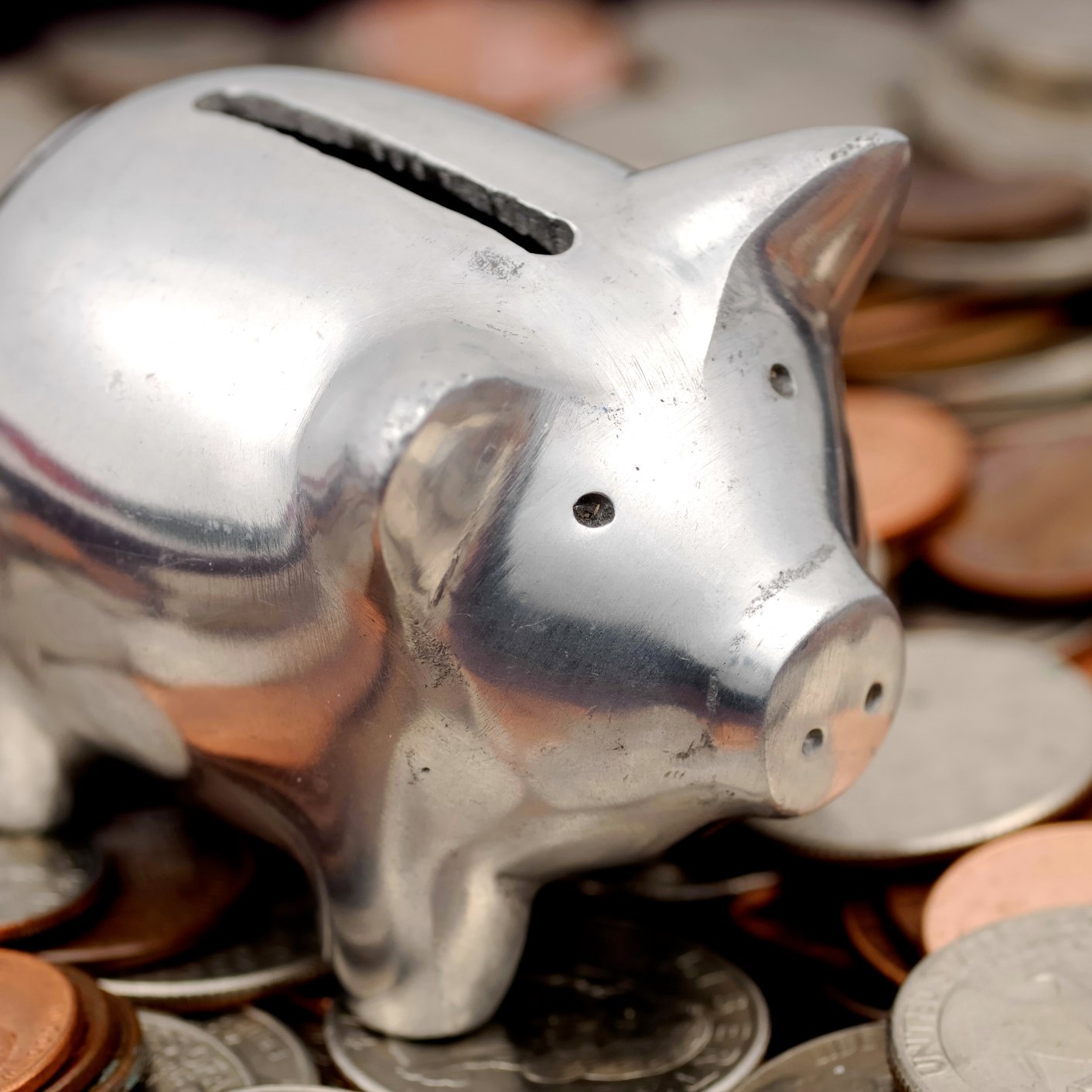Banking, finance, and taxes
Where to Get 2% or More Interest on Your Checking Account

Published:
Last Updated:

With interest rates on certificates of deposit (CDs) running at less than 0.5% in many cases, maintaining some liquidity in personal finance is hard to do. But there is a way to get more for your money, if you have a significant amount to begin with.
In a recent survey of 56 banks and credit unions, Bankrate found 21 that offer interest of 2% or more on checking accounts. There are, of course, limitations and requirements, such as maximum balances and debit card transactions. But if you can meet the requirements and live with the limitations, there are some good deals available.
The Bankrate high-yield checking account survey consisted of 56 accounts, surveyed between February 16 and 22, 2016, from a sampling of federally insured banks and credit unions around the country.
How good are these deals? Here’s how Bankrate summarizes it:
Compared to the average money market account which is yielding just 0.11%, high-yield checking accounts can bring in substantially higher gains than conventional savings accounts. In fact, the average yield across all 56 accounts surveyed was 1.65%. These accounts offer the top yield among all liquid, federally insured deposit products and the highest risk-free return available in the investment realm.
Here are just five outstanding offers. There are requirements and limitations other than the ones we’ve highlighted, so be sure to check with the institution for additional details. Also note that the high yields are available on amounts up to a maximum; minimum opening deposits can be as small as $10 at some institutions.
For residents of Wisconsin, Michigan, and Minnesota, Citizens Community Federal credit union offers an annual percentage yield (APY) of 2% on a maximum balance of $20,000 before reverting to a 0.4% yield on balances above $20,000. Customers must sign up for electronic statements and make at least 15 debit card purchases in a month. Direct deposits to the account are not required.
Consumers Credit Union of Waukegan, Illinois, offers an APY of 3.09% on a maximum balance of $10,000 and 0.2% on balances above that. The accounts are available nationally and require electronic statements and a minimum of 12 signature-based debit transactions every month. On a balance of up $15,000 the APY rises to 3.59% and for a balance of up to $20,000 the APY rises to 4.59% as long as certain other conditions are met. At least one direct deposit or one automatic clearing house (ACH) debit or one bill pay are also required.
Great Lakes Credit Union of Chicago offers a 3.00% APY on a balance of up to $10,000. The offer is good nationally and requires, among other things, 10 signature-only debit card purchases a month totalling at least $100. Balance amounts above $10,000 revert to a 0.05% yield.
Northpointe Bank of Grand Rapids, Michigan, has an ‘Ultimate Account’ with a 5.00% APY on balances up to $5,000 and revert to a yield of 0.10% on balances above that. A minimum of 15 debit card transactions are required, among other things. Accounts appear to be available nationally, but check with the bank.
CapEd Federal Credit Union of Meridian, Idaho, offers an APY of 2.50% on a maximum balance of $10,000 and a yield of 0.20% on amounts above the maximum. The accounts are available nationally and require that customers open a savings account ($5 minimum deposit) when opening the checking account. Other requirements are comparable to those already noted.
Want retirement to come a few years earlier than you’d planned? Orare you ready to retire now, but want an extra set of eyes on your finances?
Now you can speak with up to 3 financial experts in your area for FREE. By simply clicking here you can begin to match with financial professionals who can help you build your plan to retire early. And the best part? The first conversation with them is free.
Click here to match with up to 3 financial pros who would be excited to help you make financial decisions.
Thank you for reading! Have some feedback for us?
Contact the 24/7 Wall St. editorial team.